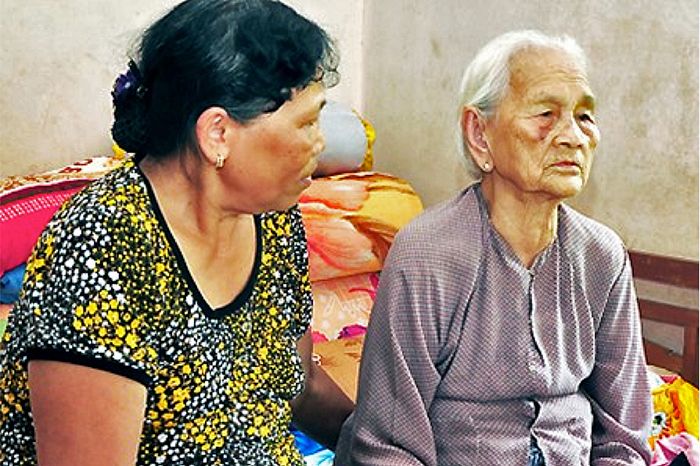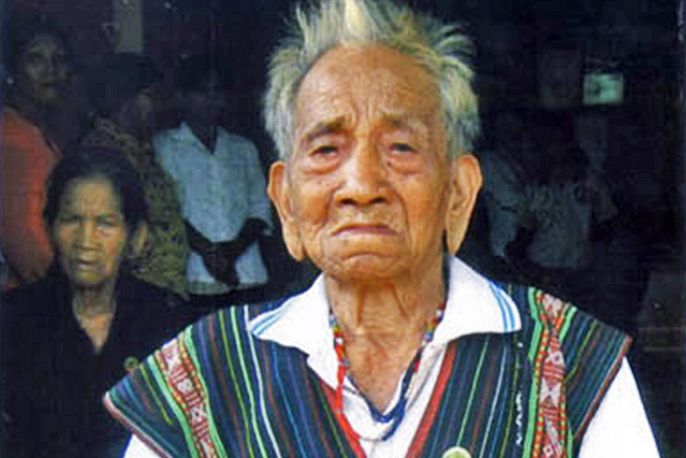A cheaper, more convenient method of removing residual dioxin from contaminated soil will be applied in Vietnam in the near future.
On Tuesday, September 4, Vietnam’s Ministry of Defense signed a memorandum with Japanese engineering group Shimizu Corporation regarding the application of a new soil cleaning method and the construction of a dedicated facility at Bien Hoa Air Base near Saigon, reports VnExpress.
Soil washing is a cost-effective soil remediation technology that also has a low impact on the local environment. Shimizu’s method is expected to remove more than 90% of dioxin contaminant in soil, thus allowing for some 70% of contaminated soil to be immediately reusable.
The current method of dioxin removal involves heating contaminated soil at extremely high temperatures to burn off toxins. However, the process is expensive and requires strict management of emissions.
According to Nikkei Asian Review, the new soil washing technology costs only half as much as traditional incineration, in addition to being more environmentally friendly. The remaining 30% of soil that’s not successfully treated will be subjected to the traditional method.
To carry out decontamination work, Shimizu will work with the defense ministry to construct a facility at Bien Hoa Air Base with materials imported from Japan. The Japanese engineering group will shoulder the cost.
The plan is expected to begin in November, while testing will start in January next year and last 3.5 months. Once done, the Bien Hoa plant will reportedly be capable of cleaning up to 40 tons of soil per hour.
There are 28 hotspots with high concentrations of Agent Orange in Vietnam, and Bien Hoa Air Base is among the most polluted. It’s estimated that the site has around 850,000 tons of dioxin-containing soil. Partially financially backed by the US, Vietnam has a national goal of completely eliminating Agent Orange pollution by 2030.
Agent Orange is a defoliant and herbicidal mixture that was heavily used by the US military in Operation Ranch Hand during the American War from 1961 to 1971. The agent contains dioxin and dioxin-like compounds which are highly toxic and carcinogenic.
[Photo via VOA News]














